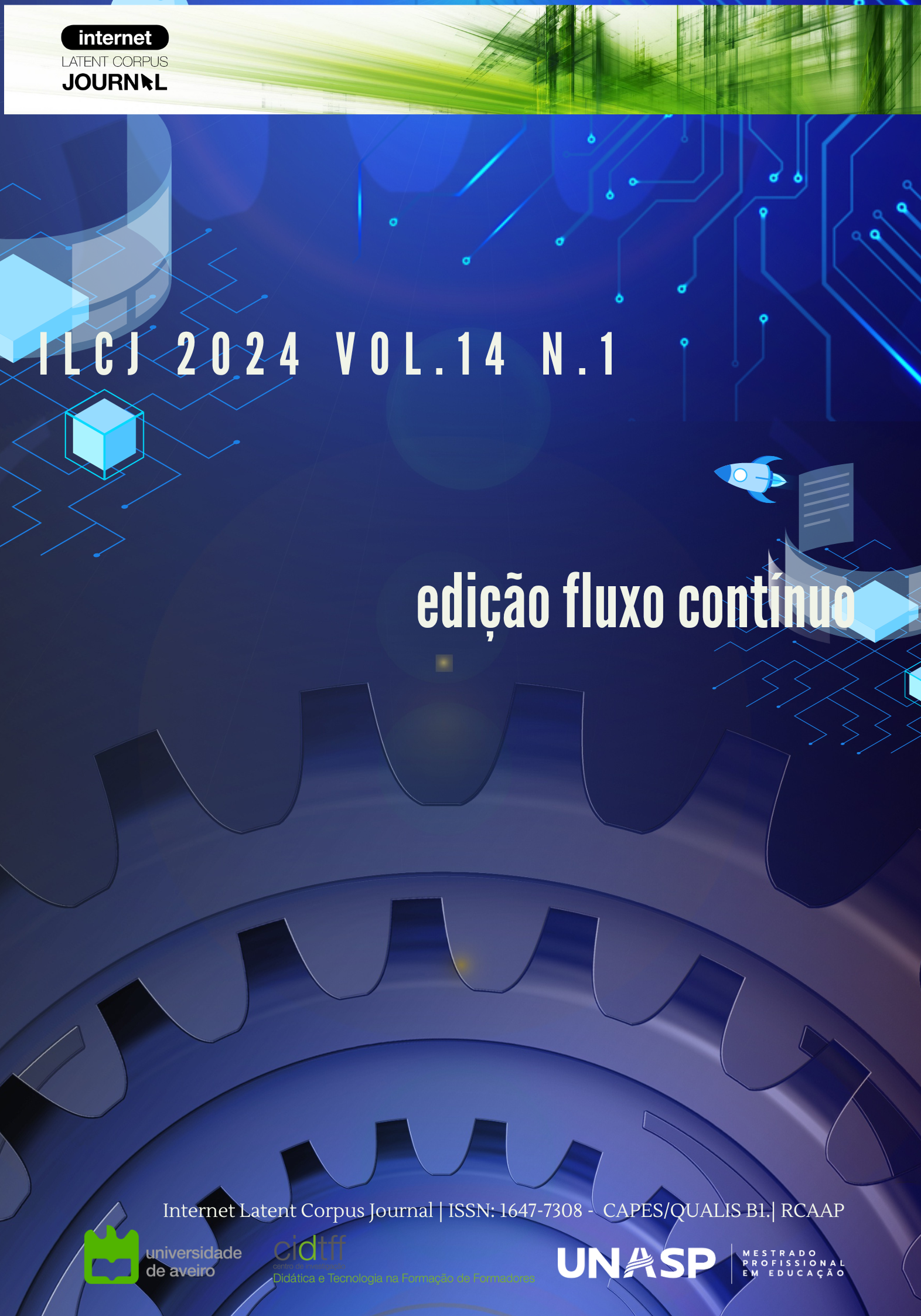PENSAMENTO CRÍTICO
FAZ PARTE DAS PRÁTICAS DIDÁTICO-PEDAGÓGICAS DOS CURSOS DE LICENCIATURA EM ENFERMAGEM DA EUROPA?
Resumo
O Pensamento Crítico (PC) é um elemento-chave na educação em enfermagem, devendo ser promovido durante o seu ensino universitário, de modo a permitir que os estudantes se tornem profissionais habilidosos, competentes, imbuídos de conhecimento técnico e científico atualizado, capazes de responder de forma assertiva às complexas demandas da profissão. Esta revisão de literatura pretende identificar e discutir de que forma as capacidades e disposições de PC são identificadas como estando presentes nas práticas didático-pedagógicas utilizadas nos cursos de licenciatura em enfermagem da Europa. Trata-se de uma revisão de literatura do tipo crítica, seguindo os passos de pesquisa, avaliação, síntese e análise, com busca na base de dados Scopus. Foram analisados 7 estudos, que atenderam aos critérios de inclusão. Foram identificadas as estratégias didático-pedagógicas: escrita de poemas, seminários de casos, escrita narrativa, photovoice, photovoice mais dramatização e grupos cooperativos de aprendizagem. Estas, foram utilizadas nos cursos de licenciatura em enfermagem com vista a possibilitar a formação de profissionais capazes de fornecerem respostas aos problemas complexos do contexto saúde-doença. A presente discussão não permitiu avançar para além do “se”, porque identificou-se que nos poucos estudos incluídos desta revisão não se fazia menção ao ensino com orientação explícita, sistemática e intencional para o desenvolvimento de capacidades e disposições de PC.
Direitos de Autor (c) 2023 Angélica Veríssimo, Fátima Segadães, Cristina Barroso

Este trabalho está licenciado com uma Licença Creative Commons - Atribuição 4.0 Internacional.







